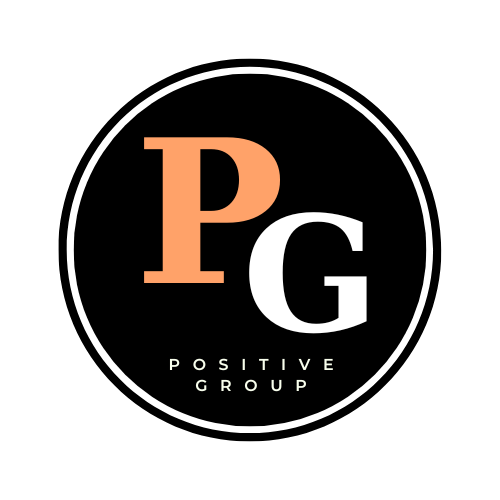WHO’S ON YOUR PERSONAL BOARD OF DIRECTORS? (And do they all need to be real people?)
Over the years, I’ve often returned to this idea: that every leader benefits from a personal board — a small, trusted circle that offers perspective, challenges your assumptions, and helps you stay aligned with what really matters.
In my own work with senior leaders, I often encourage this practice. Not as a formal process, but as a conscious habit: who do you regularly turn to for challenge, clarity, and wise input?
Recently I came across an article (behind a paywall) that added an unexpected angle. It reminded me that this board doesn’t have to be limited to the people we know. We can also invite imagined voices — thinkers, historical figures, or even archetypes — to help us reflect from new perspectives.
I’ve done this myself.
When facing a complex decision, I’ve paused to ask:
What would Peter Drucker focus on here?
What lens would Brené Brown bring to this conversation?
How might Mandela weigh long-term impact against short-term pressure?
And what would Seneca say about patience, fear, or acceptance right now?
It’s not about tech. It’s about mindset.
And this simple reflective move can shift how we see, decide, and lead.
The real board — the living relationships — will always matter most. But this broader mental board helps me think more creatively, more humbly, and with more range.
It was good to be reminded of this.
👉 Who’s on your board?
And who might be missing?
📰 Inspired by a reflection in MIT Sloan Management Review:
“How I Built a Personal Board of Directors With GenAI” by Vipin Gupta, July 2025.
